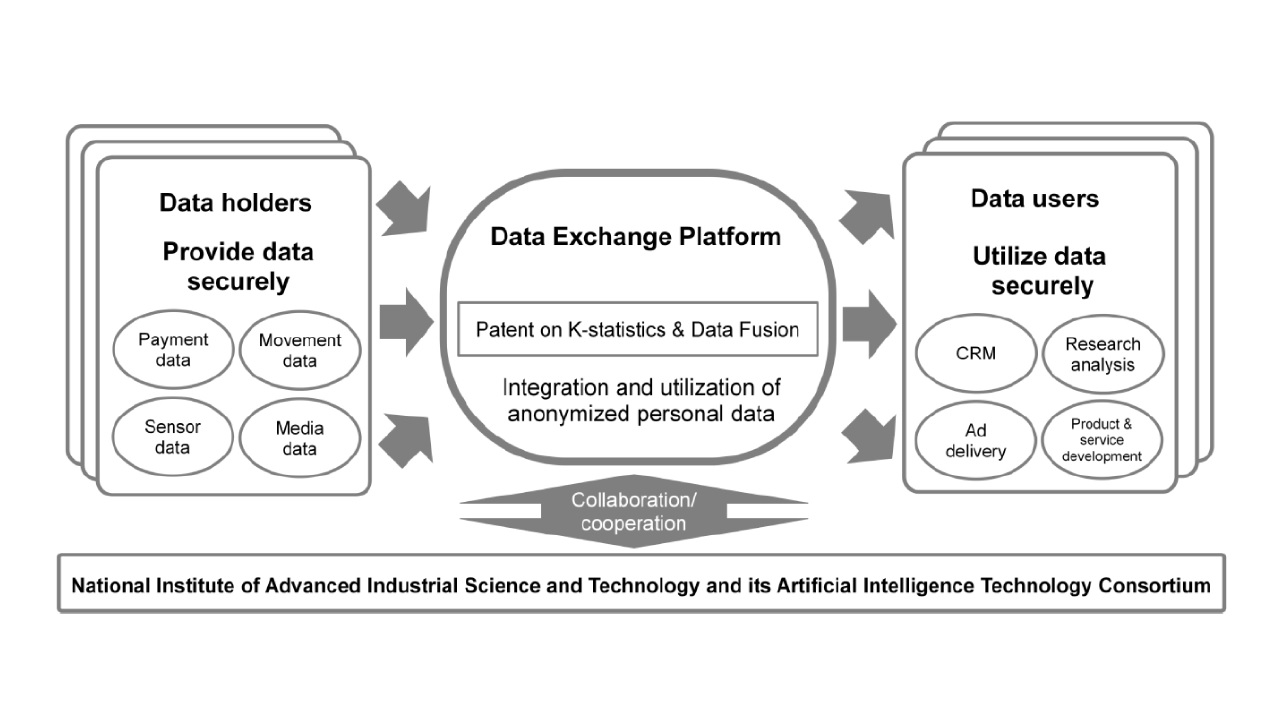900 319 0030
enquiry@shankarias.in
Why in news?
With Shanghai’s launch of data exchange, Chinese companies are starting to join government-backed platforms that aim to create open marketplaces for data.
A Data Exchange Platform is the most advanced environment where organizations can distribute, source, exchange, share and commercialize data and/or orchestrate data ecosystems creating powerful data partnerships.

The Monetary Authority of Singapore (MAS) also launched the Singapore Financial Data Exchange last December to enable Singaporeans to consolidate their financial information.
Reference